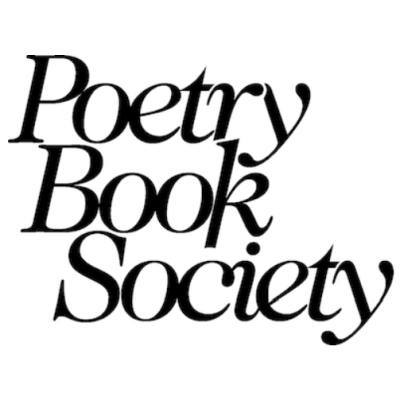Guest blog by Kym Deyn
kymdeyn.com / Twitter @shortestwitch
“once upon a time two children were crying in a wolfpit how were they to know that they had come into a world without belonging in it” - From Babes in the Wood, Primers Volume 6
In 2021 I was selected as one of the three poets to be printed in Primers Volume 6. Primers is a biannual mentoring and publication scheme organised by Nine Arches Press. It provides a unique opportunity for talented poets to find publication and receive a programme of supportive feedback, mentoring and promotion. This is a blog about the experience of writing some of the poems in that pamphlet.
Primers Volume 6 was published in July and can be purchased here with a 25% discount for PBS members.
Sometime in the 12th century two children appeared in the village of Woolpit in Sussex. They had green skin and spoke in an unknown language. They would only eat broad beans. There was an older girl and her younger brother, the girl survived, eventually learned English and was baptized, while her brother died. When asked the girl claimed to have come from the subterranean St. Martin’s Land, where the sun never shone.
I was thinking a lot about loss, and how myths can become cloaks that we can throw on and off. The myth of the Green Children of Woolpit became a vehicle for me to feel my way round unnameable griefs, as well as writing into some of the myth’s gaps. Agnes (the elder sister) is described as "very wanton and impudent" which I adored, but I wondered how she’d describe herself, her situation, and most importantly, whether she wanted to go home.
I think a lot of us feel a longing for a place we can never go back to, or places that have never really existed at all. The trick with writing fantastical poems is to ground them in an understandable emotional landscape. The place is strange, but the feeling is familiar.
I also wanted to capture something of this “unknowable language” which felt like a truly delicious phrase, an unopened treasure chest. Of course, to replicate an unknowable language, to translate it when it patently does not exist, is totally impossible.
This is where I put on my Blue Peter hat and said “Well, here’s one I made earlier.” Or rather, I used the text of the Voynich Manuscript. The Voynich manuscript is an illustrated medieval codex hand-written in an otherwise unknown writing system. I decided, like a magpie with a particularly shiny bit of tinfoil, to nick it, and the text appears in several of my Primer’s poems.
“Writing a poem is impossible and once you realise this, you're free” Caroline Bird writes in The Craft. “It's like trying to converse with the ocean using only your eyebrows, post a letter into a stranger's forehead, clean a skyscraper with your tongue.” So why can’t the Voynich Manuscript morph into Agnes’ diary, why can’t we fall backwards into St. Martin’s Land, why can’t we find ourselves getting greener and stranger?
Of course you can’t write a sequence so perfectly magical, so written into impossibility, and sad and absurd that it opens a door into the misty half-light of St. Martin’s land, the stalactites aren’t dripping limestoney water into your hair, and you can’t feel the breeze inviting you in closer. But pretend for a moment, and see the shadow of a young girl holding her brother’s hand, and watch them fade into the mist.
